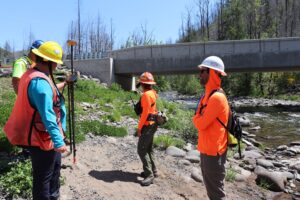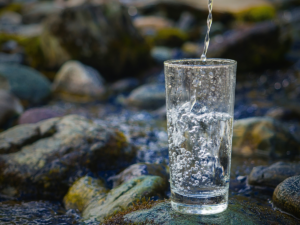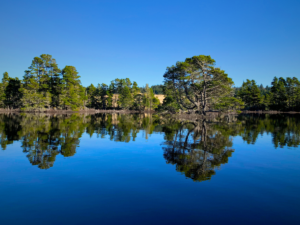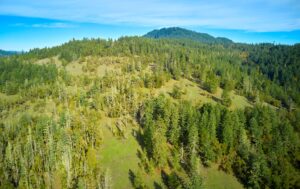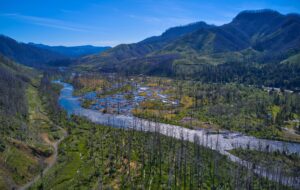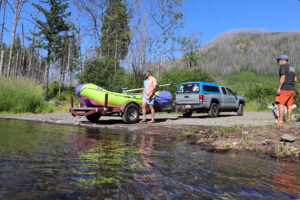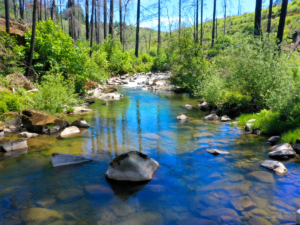
175 Acres Protected Forever on Gate Creek
In May, McKenzie River Trust completed the purchase of 175 acres of high-priority habitat from Weyerhaeuser. This acquisition reflects the strength of thoughtful collaboration between conservation organizations and industry partners as we work to protect special places for Oregon’s communities, who rely on both commercial timber and natural habitats for economic and community health.

